Introduction
Chihuahua are small but have big personalities that make them unique family pets.
- Their compatibility with kids depends on socialization and proper training
- Understanding their behavior helps determine if they fit well in a family with children
- They can be protective, which may affect their behavior around kids
- They need to be treated gently to prevent any fear or aggression
- Knowing how to manage their temperament is key to fostering a kid-friendly
1. Understanding Chihuahua Temperament
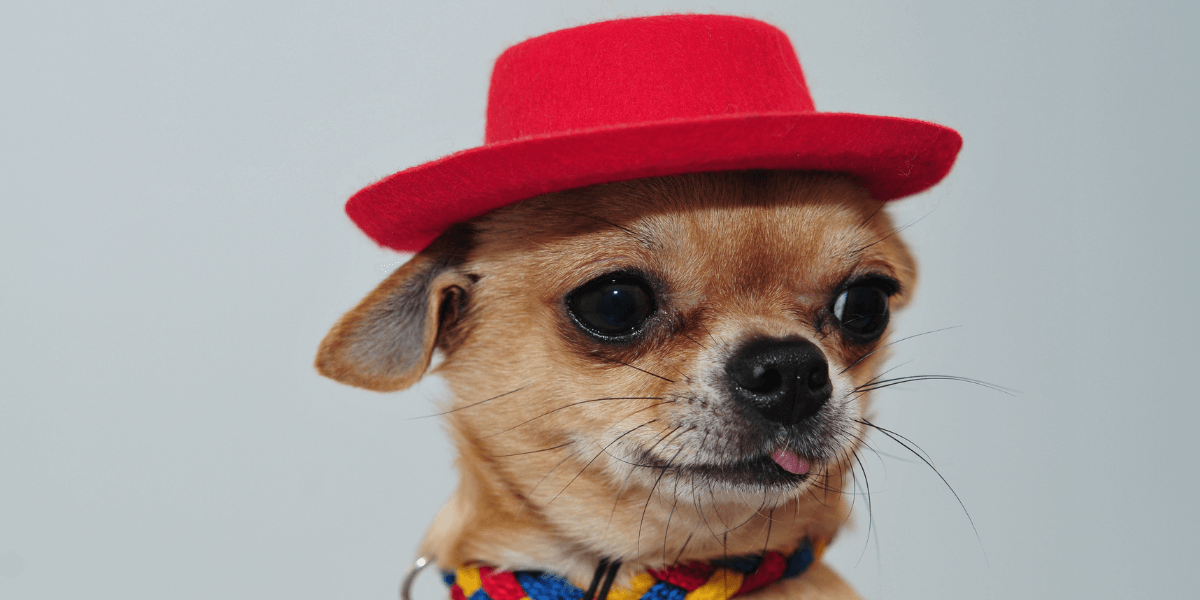
They are loyal, alert, and sometimes wary of new people.
- Loyal Companions: They are fiercely loyal to their families
- Alert Nature: They are always alert and aware of their surroundings
- Protective Instincts: Their protective nature may cause wariness of strangers
- Affectionate Dogs: They love to cuddle and be close to their favorite people
- Small but Bold: They often exhibit a bold attitude despite their size
- Social Behavior: Early socialization influences their comfort with children
- Cautious Around Strangers: They may need time to warm up to unfamiliar faces
- Independent Traits: They enjoy independence but still crave attention
2. Benefits of Chihuahuas for Families
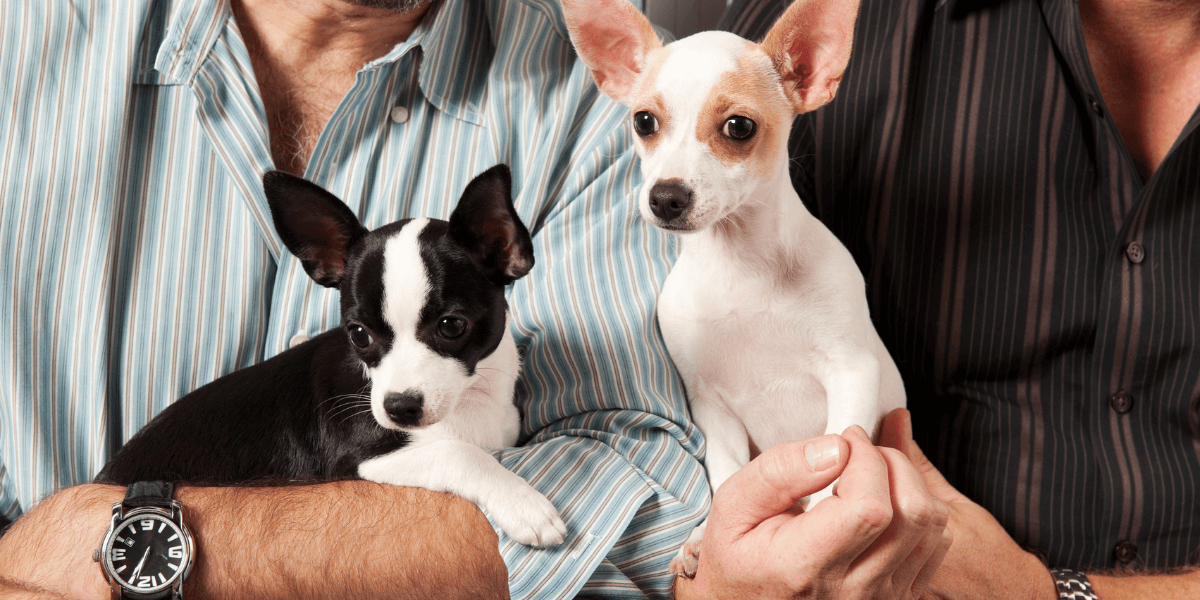
They can bring joy and companionship to families with kids.
- Lively Companions: They bring energy and fun to a family setting
- Small Size: Their size makes them easy to manage in small spaces
- Adaptability: They adapt well to various living environments
- Low Exercise Needs: Moderate exercise needs suit many family routines
- Protective of Kids: Their protective nature can help safeguard children
- Affectionate Pets: They enjoy bonding time with all family members
- Easy to Groom: Their grooming needs are minimal compared to larger breeds
- Portable Pets: Easy to travel with, making them ideal for active families
3. Challenges of Chihuahuas Around Kids
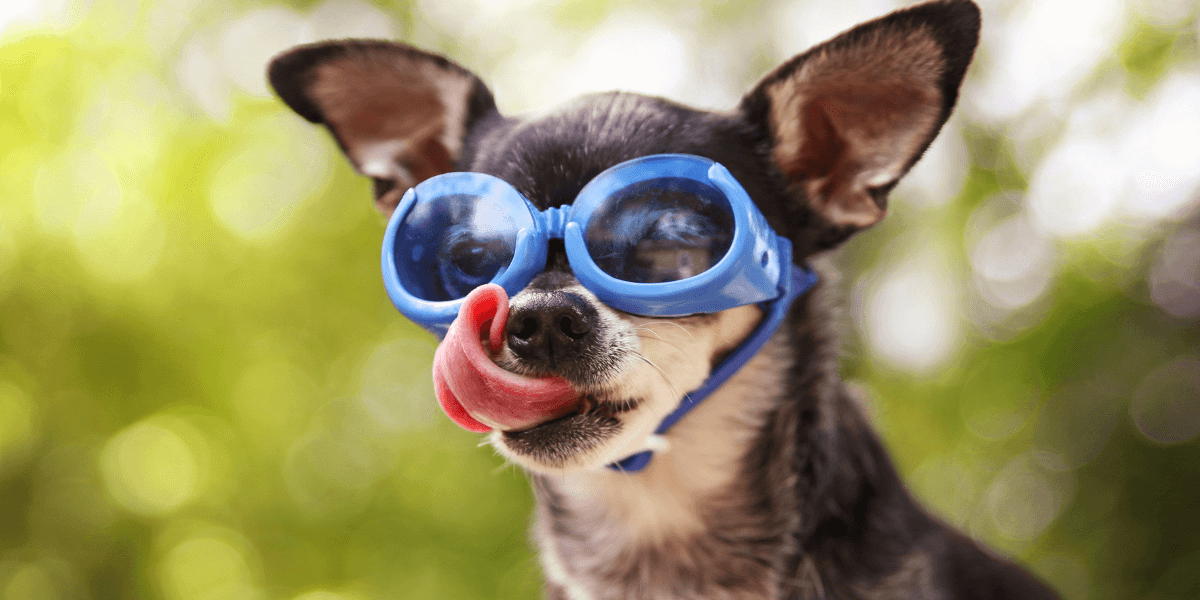
They have specific needs and traits that may pose challenges to kids.
- Fragile Build: Their small size makes them more susceptible to injury
- Nervous Nature: Can be anxious or nervous around unpredictable behavior
- Fear-Based Aggression: Fear can sometimes lead to aggressive behavior
- Over-Protectiveness: They may become overly protective of one person
- High Sensitivity: Loud noises and sudden movements may startle them
- Need for Gentle Handling: Require careful handling, especially by younger kids
- Training Required: Need consistent training to manage behavior with kids
- Territorial Tendencies: May become territorial in crowded family settings
4. Tips for Raising Chihuahuas with Kids
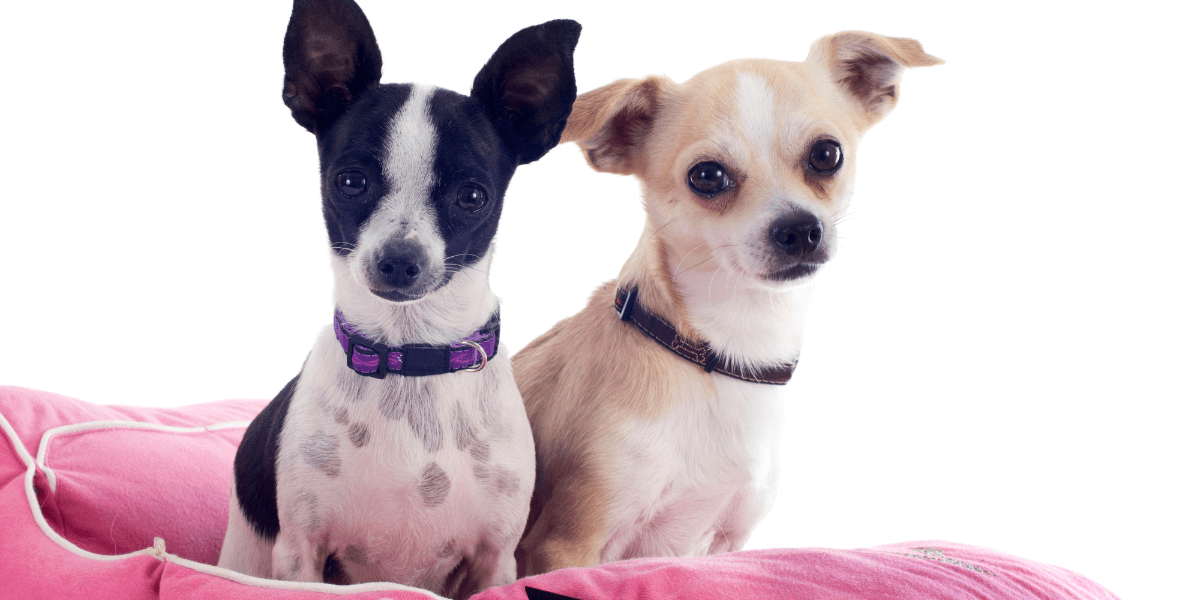
Proper introduction and training are crucial for Chihuahuas in family settings.
- Early Socialization: Start socializing them with kids at a young age
- Teach Respect: Educate kids on how to handle your dog gently
- Monitor Interactions: Always supervise interactions between them and children
- Positive Reinforcement: Reward good behavior around kids to encourage it
- Create Boundaries: Set clear boundaries for both kids and the Chihuahua
- Use Commands: Teach simple commands to manage behavior around children
- Introduce Gradually: Allow time for their dog to adjust to kids
- Provide Safe Space: Ensure they have a quiet area to retreat if overwhelmed
Discover if German Shepherds make good family pets and how they interact with children.
5. Training Techniques for Better Interaction
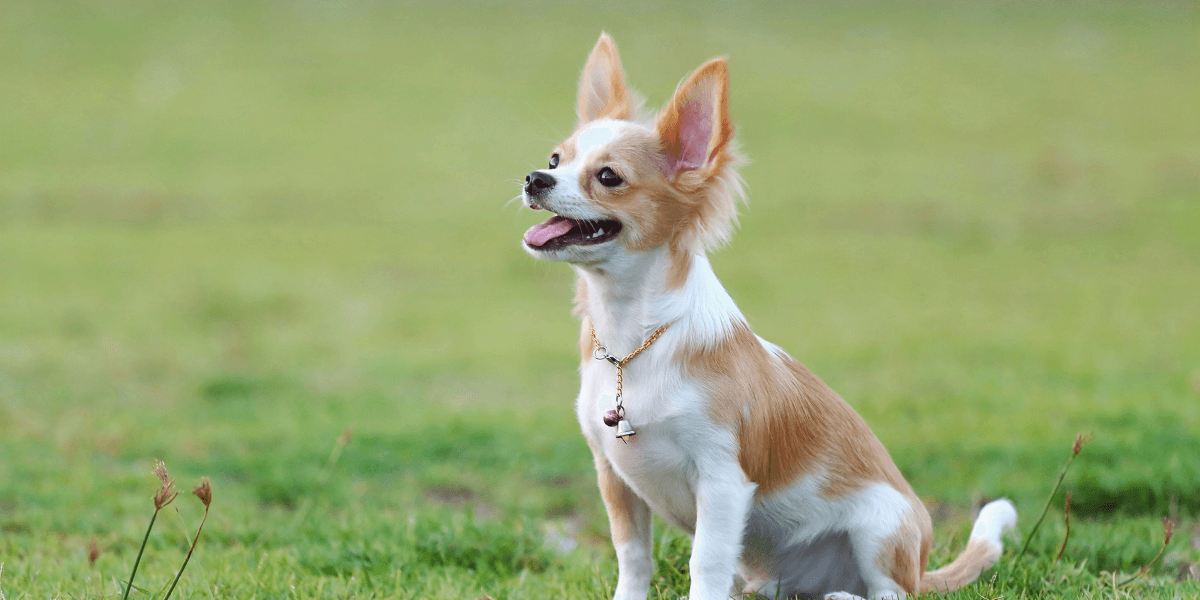
Consistent training can help your dog feel comfortable and safe around kids.
- Basic Obedience: Teach commands like sit, stay, and leave it
- Leash Training: Helps prevent jumping or running towards kids
- Calm Behavior: Reward calm behavior around children
- Avoid Punishment: Use positive methods to build trust and confidence
- Social Cues: Teach social cues for appropriate behavior
- Practice Patience: Be patient and consistent in training efforts
- Encourage Play: Facilitate safe, supervised playtime to build bonds
- Use Clicker Training: Clicker training can effectively reinforce positive behavior
6. Recognizing Signs of Stress or Discomfort
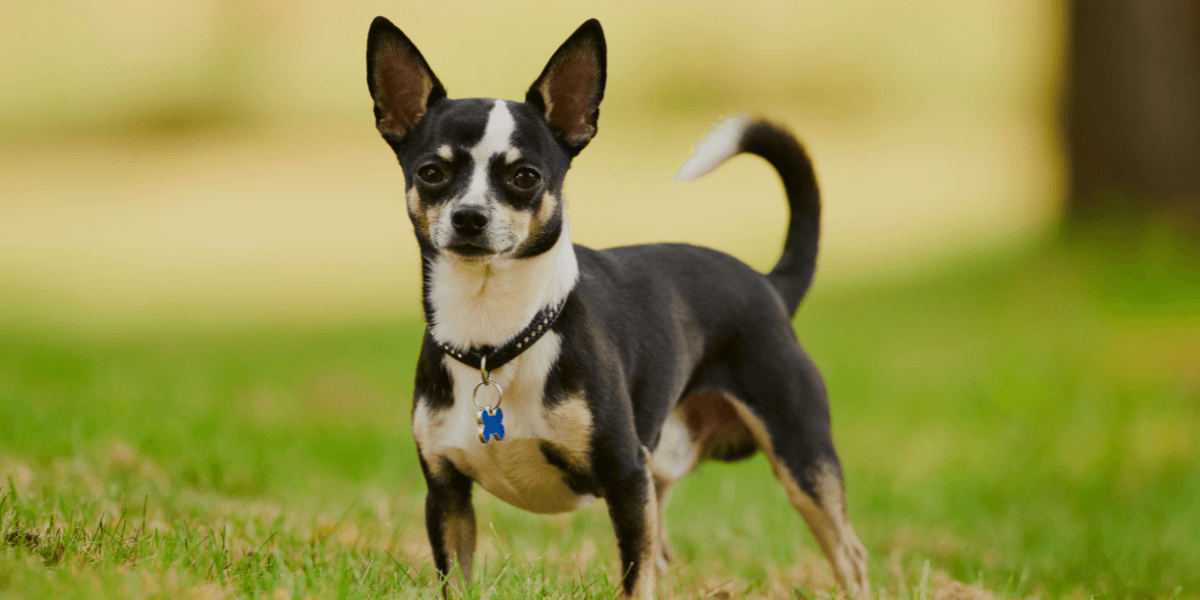
Identifying stress signs is crucial to prevent negative interactions.
- Tail Position: A tucked tail may indicate fear or anxiety
- Ears Back: Flattened ears can be a sign of discomfort
- Avoidance: Avoiding contact or hiding may suggest they are overwhelmed
- Growling: Growling is a clear sign of feeling threatened or uneasy
- Panting: Excessive panting can indicate stress in certain situations
- Pacing: Repeated pacing or circling shows restlessness
- Lip Licking: Frequent lip licking can be a stress signal
- Yawning: Yawning repeatedly may be a sign of anxiety
Learn effective training tips for Great Danes to ensure a well-behaved gentle giant at home.
7. Building a Strong Bond Between Chihuahuas and Kids
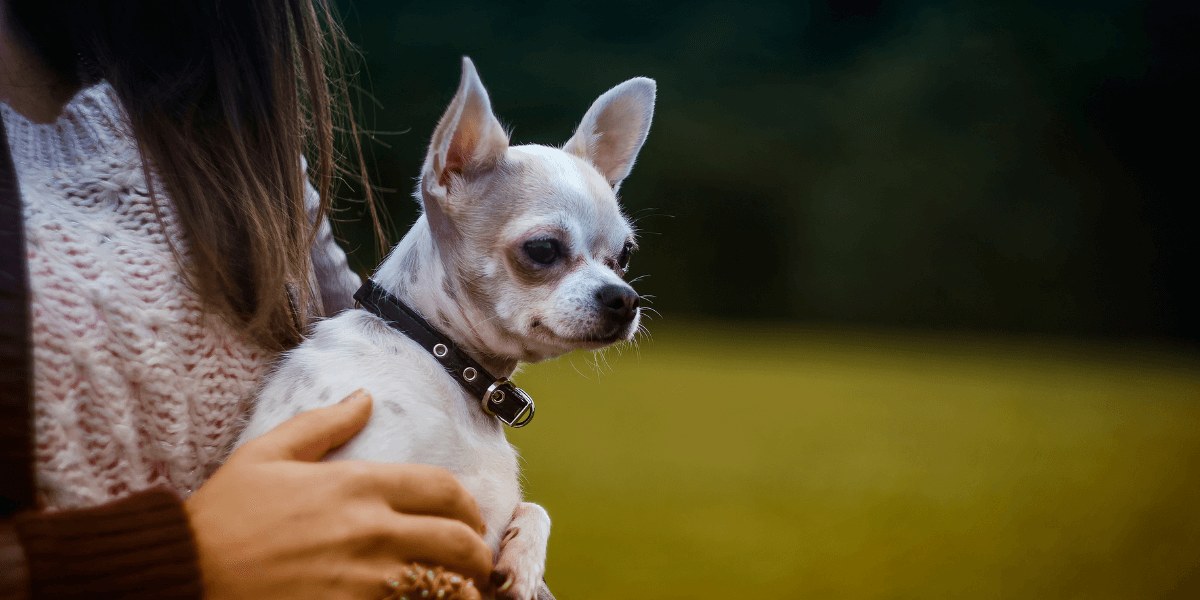
Fostering a positive bond takes time, patience, and mutual respect.
- Positive Reinforcement: Reward friendly interactions with treats or praise
- Daily Routine: Create a consistent routine for familiarity and comfort
- Include in Activities: Involve them in family activities for bonding
- Encourage Play: Teach kids safe and gentle ways to play with the your dog
- Teach Commands Together: They can learn commands together
- Respect Boundaries: Teach children to respect your dog's space
- Model Gentle Handling: Show kids how to handle your dog gently
- Celebrate Milestones: Celebrate small achievements in their bonding process
Explore how Bernese Mountain Dogs fit into family life and their compatibility with kids.
FAQs
1. Are they safe around young children?
- Yes, with supervision and proper socialization
2. Do they get along with other pets in the home?
- Yes, if introduced slowly and monitored initially
3. Can they be trained to be gentle with kids?
- Yes, with consistent training and positive reinforcement
4. How can I reduce their anxiety around children?
- Use gradual exposure and reward calm behavior
5. Are they too fragile for rough play?
- Yes, they need gentle handling due to their small size
6. What signs show a Chihuahua is stressed around kids?
- Signs include tail tucking, growling, and hiding
7. Can a Chihuahua become too protective of one family member?
- Yes, proper training helps manage over-protectiveness
Conclusion
- Chihuahuas can be great with kids when properly socialized and trained
- Understanding their temperament helps create a safe, loving environment
- Teach children to respect and handle Chihuahuas gently
- Use consistent training to foster positive interactions and reduce anxiety
- A strong bond with kids enhances a Chihuahua’s happiness and well-being
- Ready to welcome a Chihuahua into your family? Start with these tips today!




